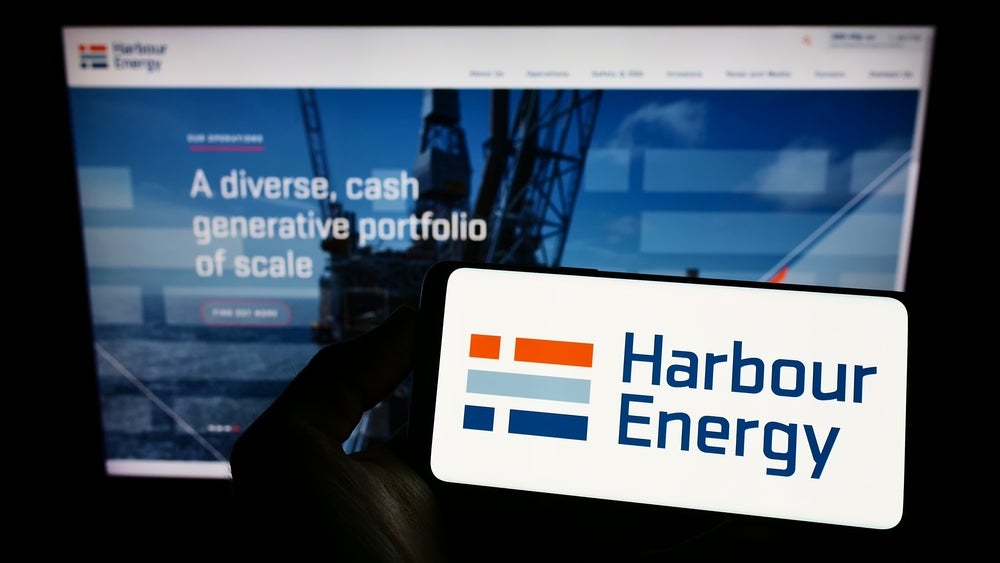The largest British oil and gas producer in the North Sea, Harbour Energy, has reported a net profit of $393m (£308.44m) before tax for the first half (H1) of 2024.
The company’s H1 2024 profit as well as earnings before interest, taxes, depreciation and amortization (EBITDA) of $1.2bn saw a decrease from the same period last year, with H1 2023 registering $429m in profit before tax and $1.4bn in EBITDA.
After the hike in energy prices in 2022, the UK imposed an EPL on oil and gas producers that raised the tax rate to 75%.
For most companies, including Harbour, this tax wiped out most profits. Harbour made a net tax payment of $157m in H1 2024 in relation to the EPL.
The newly elected Labour Government announced last week that it will not only keep the EPL in place but raise the tax by 3% starting on 1 November. The increase will bring the headline tax rate for oil and gas operations to 78%, one of the highest rates in the world.
The tax increase is set to affect oil and gas companies across the North Sea.
So far, there has been a lack of clarity by the new government on how production licences will operate. Labour announced it would not be issuing new oil and gas licences, but businesses are uncertain what happens to already operational sites during the oil and gas production process, which needs “another licence as part of that phase”, according to independent think tank Green Alliance’s senior policy analyst Heather Plumpton.
Harbour reported that production in H1 2024 fell nearly 19% from the previous six months to 159,000 barrels of oil equivalent per day, partly due to the prolonged shutdown at its east Irish Sea operation and the UK maintenance shutdown in May.
While the company expects production to rebound in the coming months, it has also begun shifting its focus away from the UK oil and gas market.
Norway, Germany, Denmark, Argentina, Mexico, Egypt, Libya and Algeria are where Wintershall Dea's upstream assets are based.
The company expects to complete the deal in the fourth quarter of this year.
According to Offshore Technology’s parent company, GlobalData, the oil and gas industry employs an estimated 150,000–200,000 workers in the UK, with most along the North Sea coast.
If production continues to decline and companies relocate to avoid high tax rates, employment in the North Sea oil and gas regions is set to follow a similar decline.
The continued deployment of renewable energy technologies, alongside the fossil fuel phase-out, is also expected to affect employment in the oil and gas industry.









